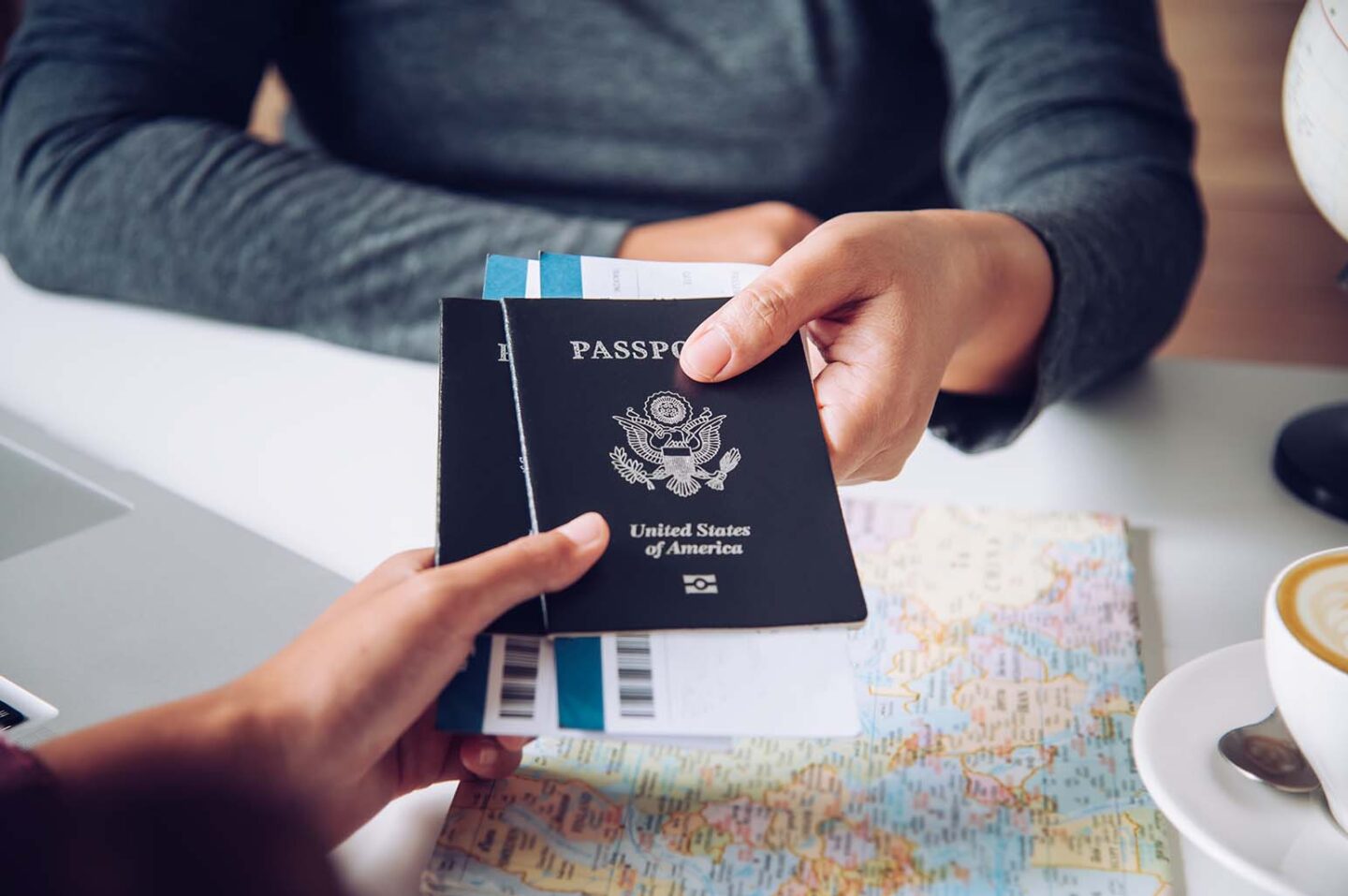Planning to move abroad is always an exciting prospect – after all, you get to start your life anew in an unfamiliar place. But it’s important to remember that there are a lot of preparations you need to make before making the move, with legal considerations being among the most important. The last thing you want is to have all of your things packed, shipped, and headed to the airport only to realize that you missed something important in your visa application. So, if you’re thinking of making the move, here are some of the key legal aspects you need to consider.

1. Immigration Laws
The first thing you need to be aware of is the immigration laws of the country you’re moving to. Every country has different requirements when it comes to who can and cannot enter the country, and what type of visa you’ll need. So, before making any concrete plans, be sure to research the immigration laws of your chosen destination. In most countries, before you can actually get citizenship, you first need to gain permanent resident status. How this is done will differ from country to country. For instance, permanent residency in Canada can be gained through having a spouse that has citizenship, being employed in Canada, or through investment. However, it’s always important to check with the embassy of the country you want to move to while you’re still in your home country. That way, you can plan your finances, your job search, and any other important steps accordingly.
2. Visa Requirements
The status you’re going for will, naturally, determine the kind of visa you need. Once you’ve determined what visa you’ll need for your move, the next step is to apply for it. Be sure to allow plenty of time for this, as most visas have a processing time of several months. Also, be aware that not all visas are granted – in some cases, your application may be denied. So, it’s always a good idea to have a Plan B in place just in case. Some of the common reasons for getting denied include a lack of funds to support yourself in the destination country, a criminal record, or ties to your home country that make it unlikely you’ll return after moving abroad. Obviously, the last one isn’t as much of an issue if you’re going to a country that’s known to have a high immigration rate. However, in others, it’s important to know that they have a right to send you back once you land, even when your visa has been approved. If you’re considering moving to a country that’s known for this, it’s important to consider what your next steps will be so that you don’t end up stranded in a foreign land.
3. Tax Laws
Every country has different tax laws as well, and it’s important to know what you’re liable for when you move. In some cases, you’ll still be required to file taxes in your home country, as well as in the country you’re now living in. This can often get complicated, as the rules change from country to country. So, be sure to consult with an accountant or tax specialist to get a better understanding of what you need to do. You may also be able to get tax breaks or deductions for living abroad, so it’s definitely worth looking into. If you plan on buying property once you move, that purchase could also be subject to property taxes in both countries. And, of course, there’s always the possibility of income tax as well. So, it’s important to keep track of all your income and expenses, both in your home country and abroad. While not strictly a legal matter, it’s important to understand what the purchasing power is in the country you plan to move to. A job may seem like an amazing deal from your current position, but it could be that the cost of living is much higher in the new country, so make sure you do your research!
4. Banking And Financial Matters
This includes setting up a bank account in the new country, as well as transferring any money you have saved up. In some cases, you may also need to get a new bank card and/or credit score. Often, the banking system in the new country will be different than what you’re used to, so it’s important to take the time to learn about it. You’ll also want to familiarize yourself with the exchange rate, as this can vary quite a bit from country to country. Another thing to keep in mind is that, in some cases, you may not be able to transfer all of your money at once. For example, if you have a large sum of money saved up in your home country, the bank may only allow you to transfer a certain amount each day or week. So, it’s important to plan ahead and give yourself plenty of time to make the switch.
5. Driving Laws
One of the first things you’ll likely want to do when you move to a new country is to get a driver’s license. However, before you do that, be sure to familiarize yourself with the driving laws in the new country. They may be very different from what you’re used to. In some cases, you may even need a different type of driver’s license. And, if you’re planning on driving while you’re there, be aware that you may need to get international insurance as well. Sometimes, your existing driver’s license will be enough, but in some places, you might need to take the driving test again.
6. Healthcare Laws
Healthcare laws can also vary quite a bit from country to country. So, it’s important to familiarize yourself with them before you move. In some cases, you may need to get special insurance or sign up for a national healthcare plan. And, in other cases, you may be able to keep using your current health insurance plan. Some countries have strict immunization laws as well, meaning that you may need to get certain shots before you enter. Depending on the type of shots needed, you might want to start this process well in advance of your move so that you can get all of your booster shots and be fully immunized before you go. Be sure to check into this ahead of time, as it can save you a lot of stress and money in the long run.

Moving to a new country can be an exciting adventure, but it’s important to do your research first and make sure you’re prepared for all the legal implications. There are a lot of things to consider, from setting up bank accounts and transferring money, to getting a driver’s license and understanding the healthcare laws. So, take your time and do your research, and you’ll be on your way to a new and exciting life abroad!
